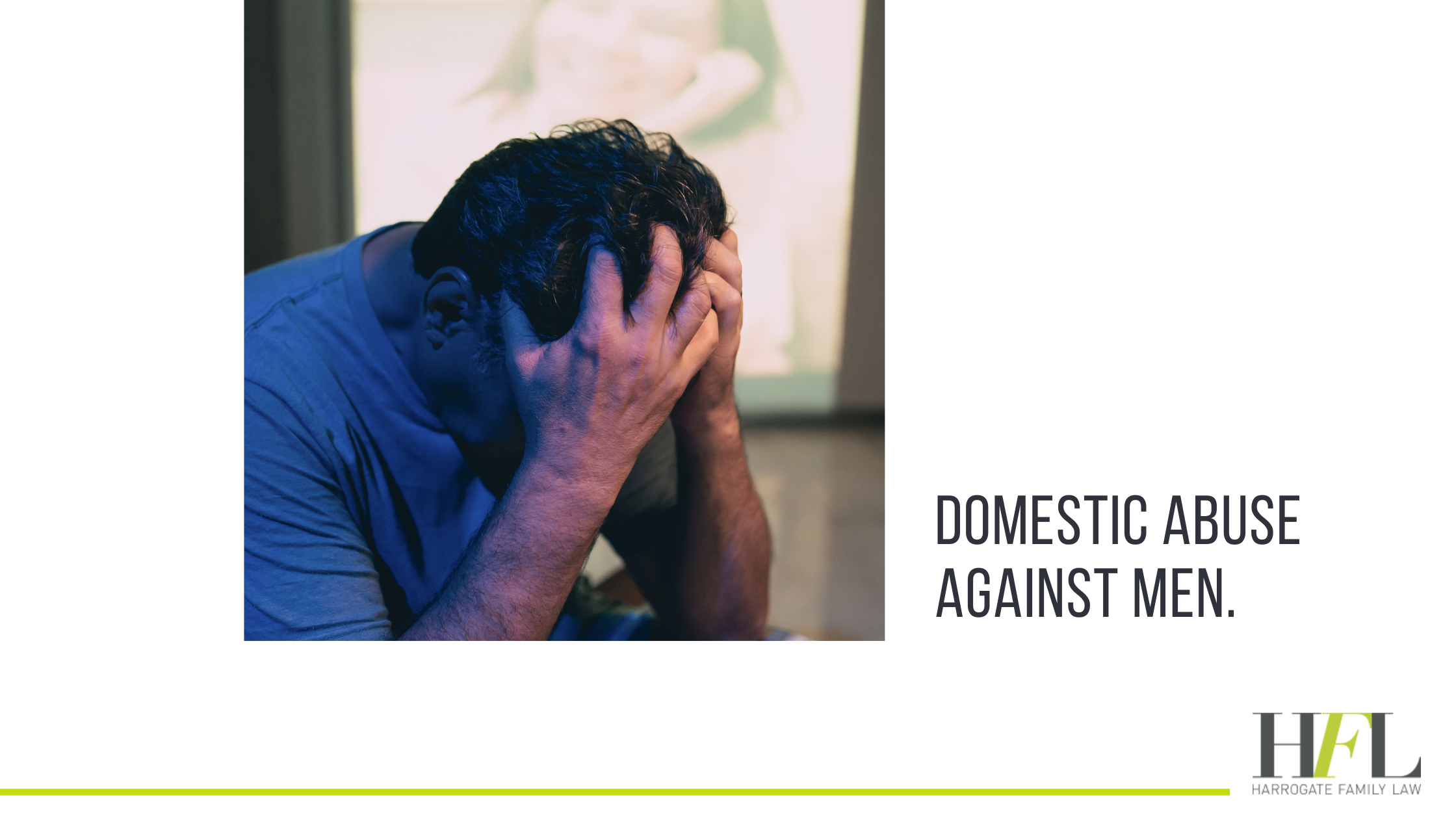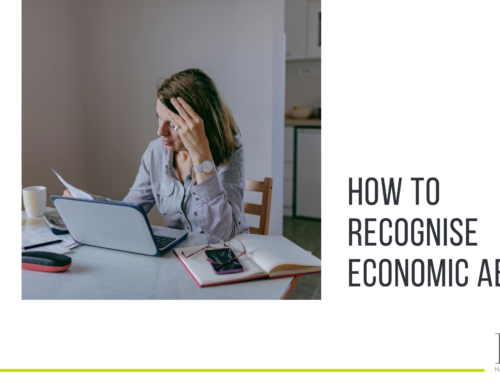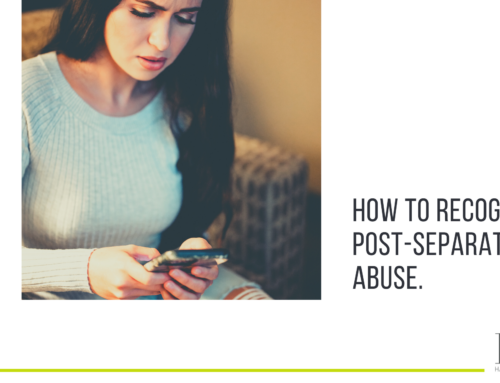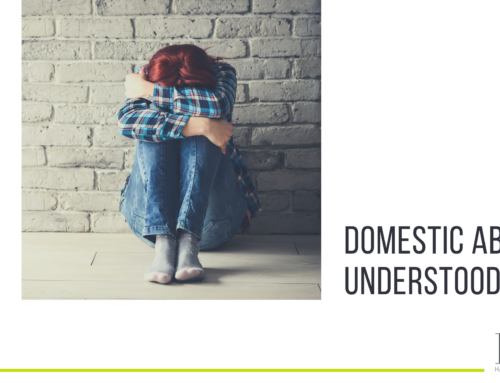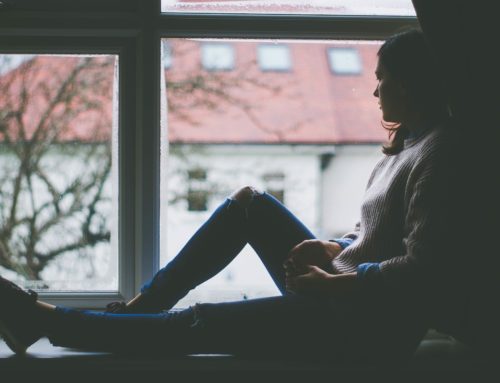Domestic abuse is often regarded as a gendered crime. According to Women’s Aid, women are more likely to repeatedly experience severe forms of abuse, and those that end in physical injury or death.
However, that’s not to say that domestic abuse against men doesn’t happen. In 2020, the Office for National Statistics stated that 757,000 men reported incidents of abuse. The fact is that domestic abuse can, and does, happen to anyone, regardless of age, race and sexual orientation.
In this week’s blog, we’re exploring the issue of domestic abuse against men, and some of the barriers when it comes to seeking support.
What form does domestic abuse against men take?
Domestic abuse against men takes the form, in the main, of the same actions and behaviours that we see perpetrated against women. For example:
- Coercive and controlling behaviour
- Physical abuse
- Stalking
The effects for men are also just as damaging, with low self esteem, depression and anxiety being just some of the devastating consequences that victims face.
It’s important to be aware of the signs and red flags here, so that you can not only identify them in your own relationship, but recognise when domestic abuse might be happening to someone you know.
Barriers to men seeking support
Many of the barriers that often prevent men from seeking help are the same or similar to those we see for female victims. Being in fear for their safety once they’ve reported the abuse and left the relationship is a very good example of what we mean here.
However, some barriers have different considerations for men.
Not being believed
It’s not uncommon for male victims of domestic abuse to face a level of scepticism about their experience. Very often, people focus on the physical differences between men and women, and struggle to accept that women are capable of causing harm.
Sometimes, it’s not that male victims aren’t necessarily believed, but more of a general view that men are physically stronger than women, and as such should be able to defend themselves. Ultimately, this can lead to an ill-informed assumption that domestic abuse simply isn’t as serious when perpetrated against men.
It’s important to remember that domestic abuse isn’t always physical. Just like women, men can also be the victims of emotional and verbal abuse, which can be incredibly destructive to their mental wellbeing.
The perception of society
Whilst we’re making massive strides when it comes to societal stereotypes about gender, the truth is that we’re nowhere near where we need to be. The idea that male victims should be able to ‘man up’ or ‘deal with it’ feeds into the worries they may have about reporting abuse. Many feel as though they’ll be ridiculed, or at the very least won’t be taken seriously.
The assumptions and stereotypes we sometimes make when it comes to gender are harmful to all victims of domestic abuse, and serve only to hamper important progress when tackling the issue. How we deal with and approach all instances of domestic abuse, for all victims, is part of a wider, and crucial, societal change.
Not knowing where to turn for support
There are a number of agencies that offer support to male victims of domestic abuse, but they’re not always as well known as they should be. If you, or anyone you know, requires advice and support, you’ll find the details of organisations that can help at the end of this blog.
At the end of the day, every instance of domestic abuse, no matter who it’s against, is a crime. The more awareness we raise around this issue across the board, the more we can help victims of abuse come forward and get the help and support they need.
Harrogate Family Law can provide the expert legal advice you need if you’re contemplating a separation or divorce, no matter your circumstances. All you need to do is get in touch with a member of our friendly team.
Useful resources and helplines
No matter who you are, if you’re a victim of domestic abuse, there’s support out there.
Men’s Advice Line – a confidential helpline for male victims of abuse
Website: https://mensadviceline.org.uk/
Helpline: 0808 8010327
Galop – a helpline for LGBT+ people experiencing abuse or violence.
Website: https://galop.org.uk/get-help/helplines/
Helpline: 0800 999 5428
IDAS – supporting people affected by domestic abuse and sexual violence.
Website: https://idas.org.uk/
Helpline: 0300 110 110
Refuge – support women and children who are experiencing domestic abuse
Website: https://refuge.org.uk/?gclid=CjwKCAjw__ihBhADEiwAXEazJp6VSvwZOsOpWMjzVIVqhFgMLKoctQgE–7-u30lF9jImCCO5wtMyRoCk-YQAvD_BwE
Helpline: 0808 2000 247
NSPCC – helping victims recover and preventing child abuse
Website: https://www.nspcc.org.uk/
Helpline: 0808 800 5000

